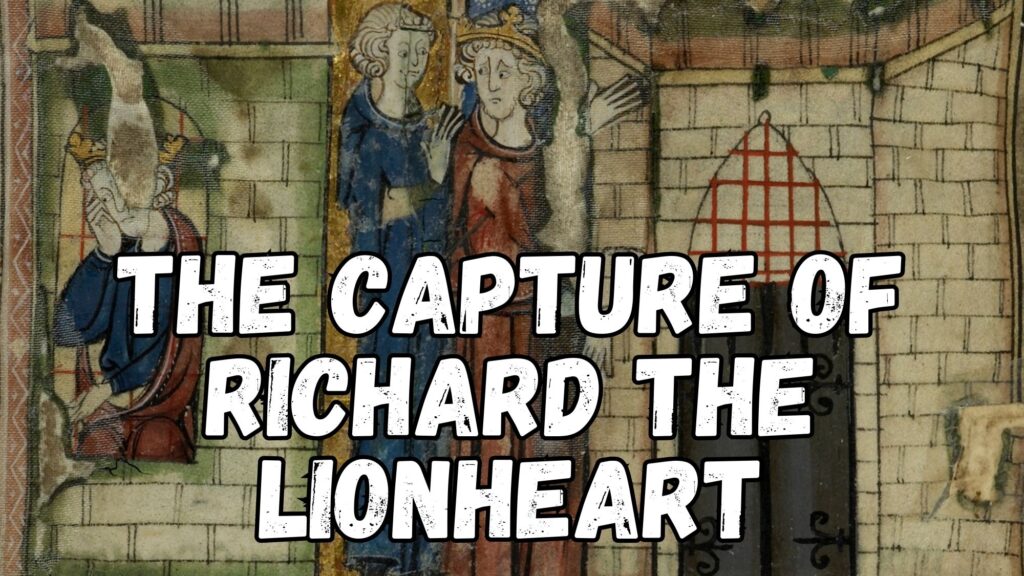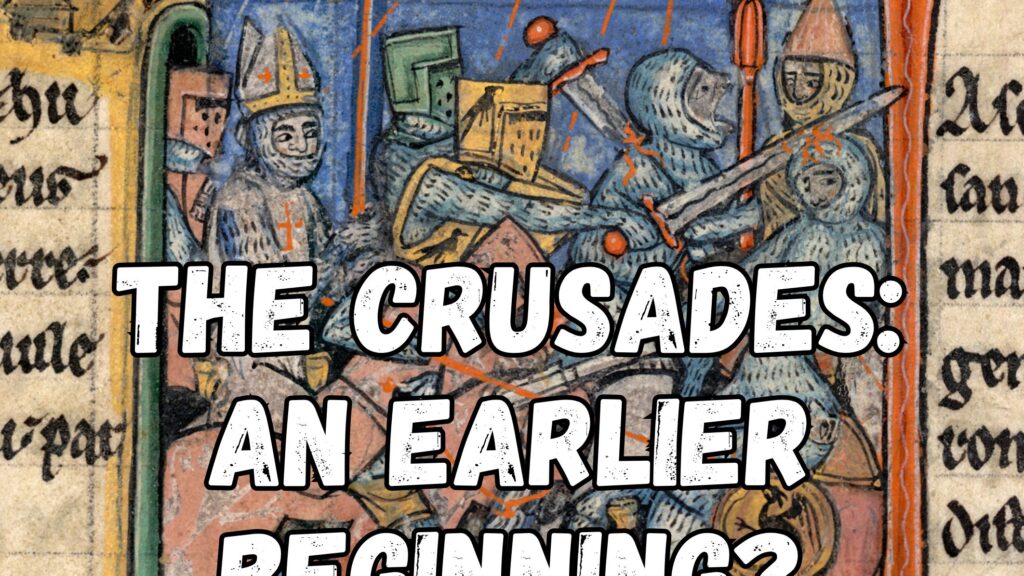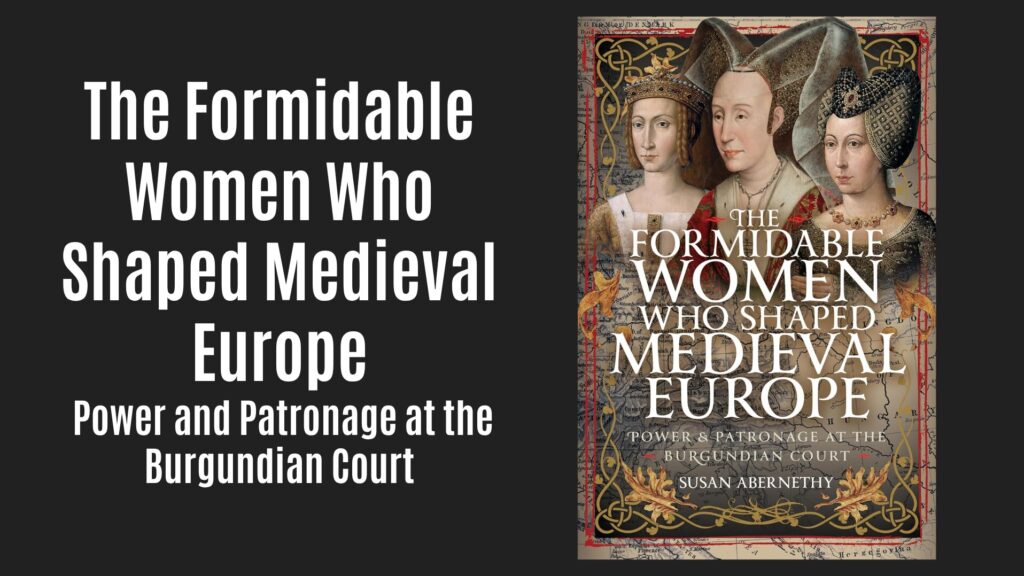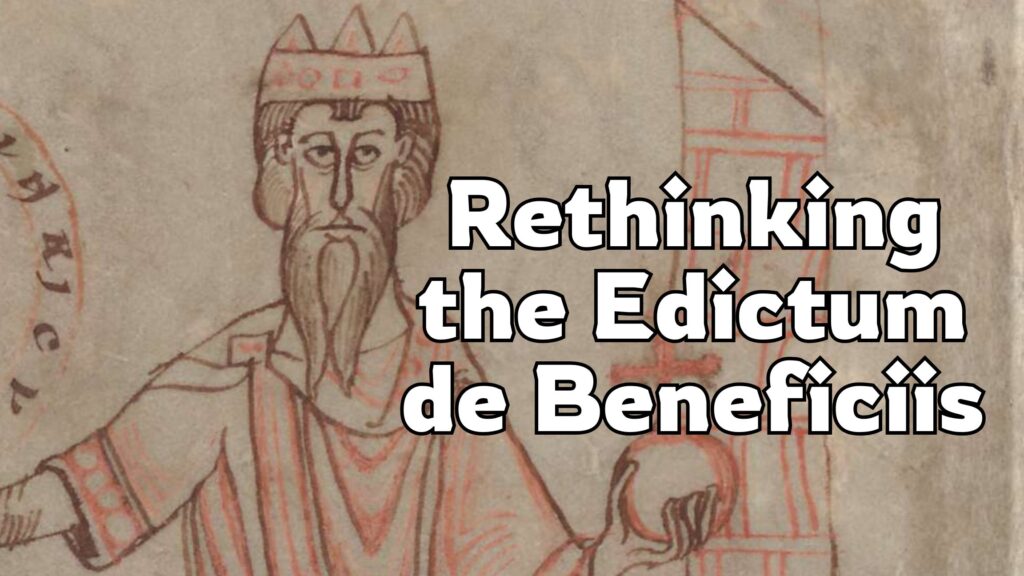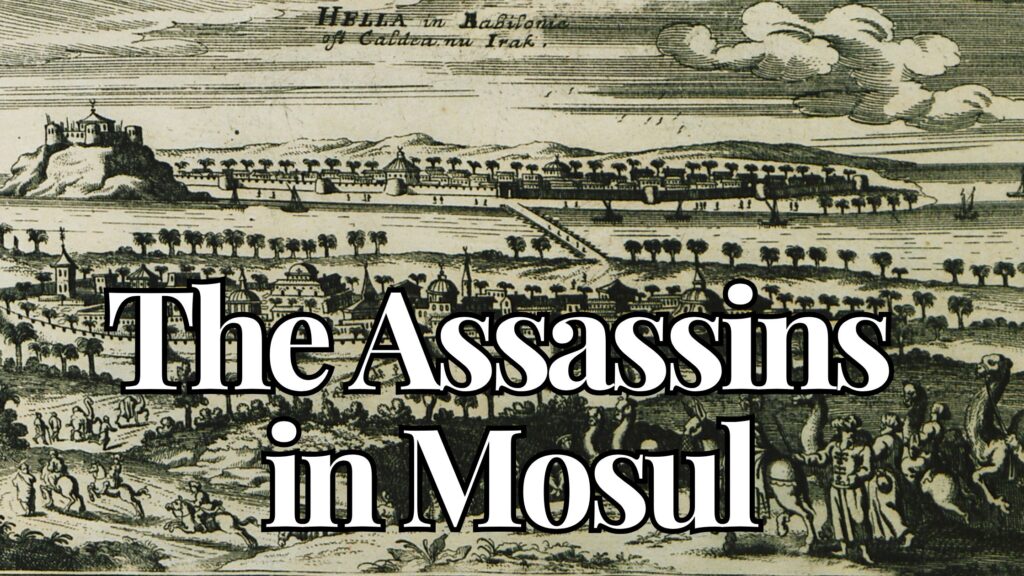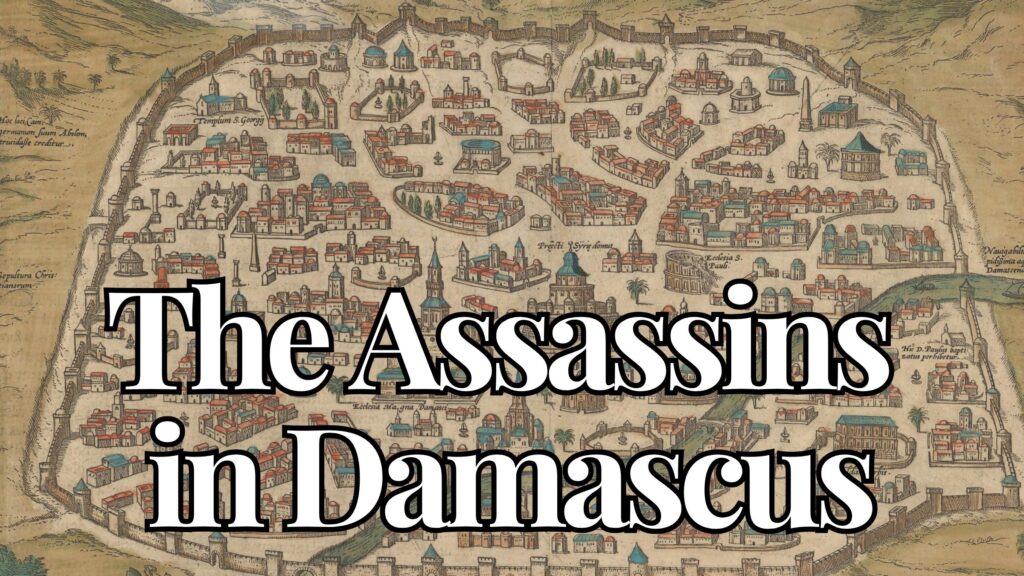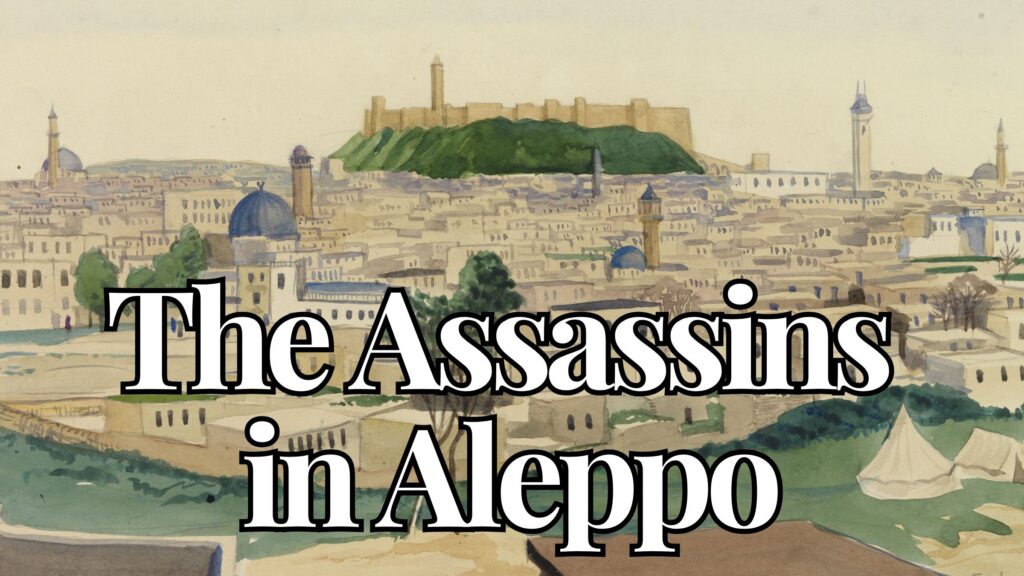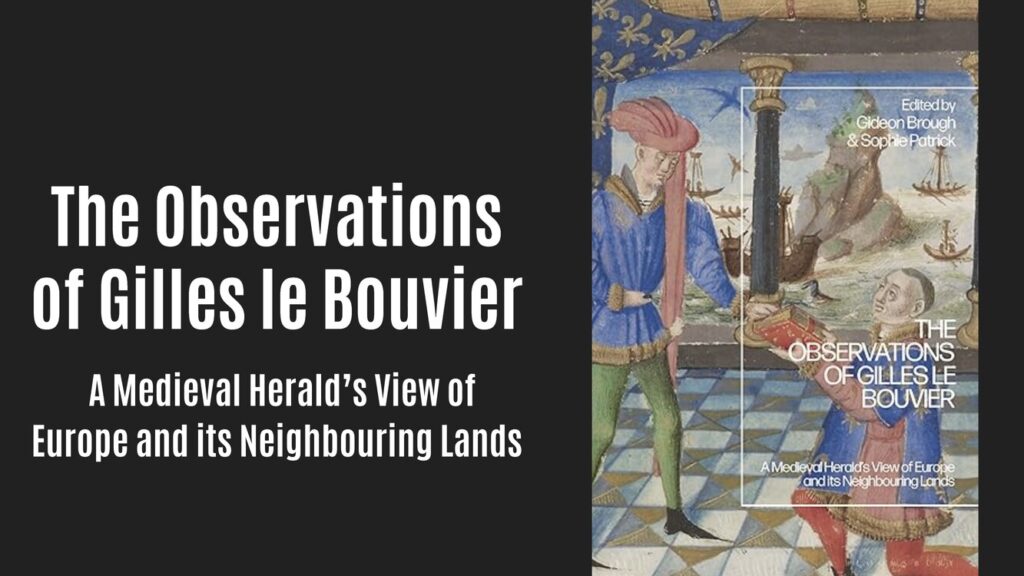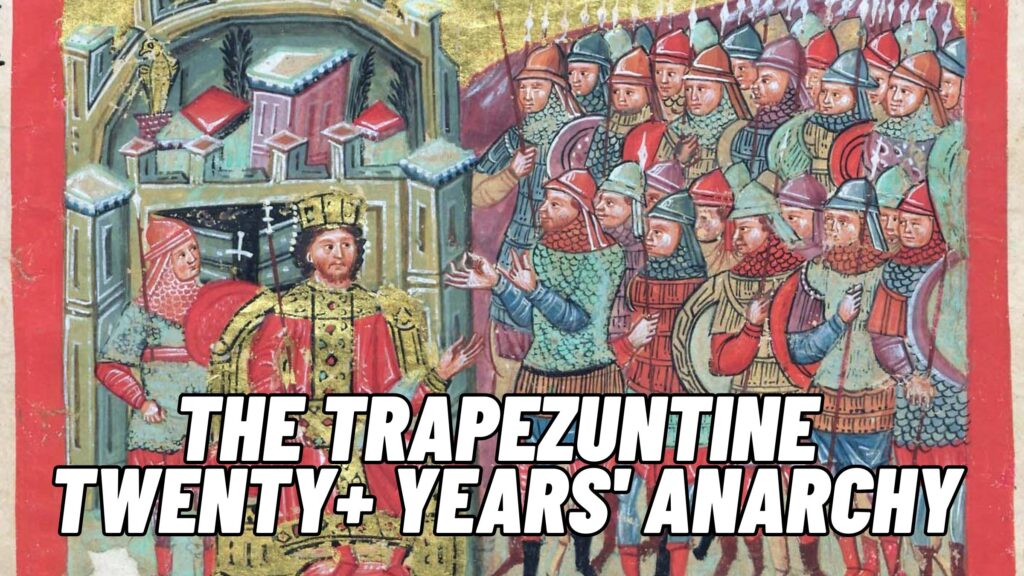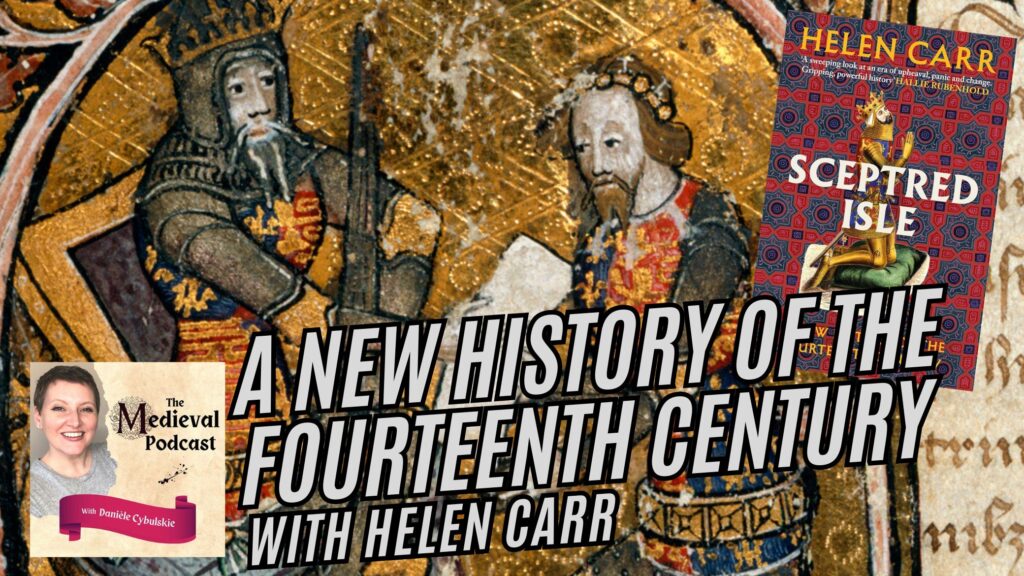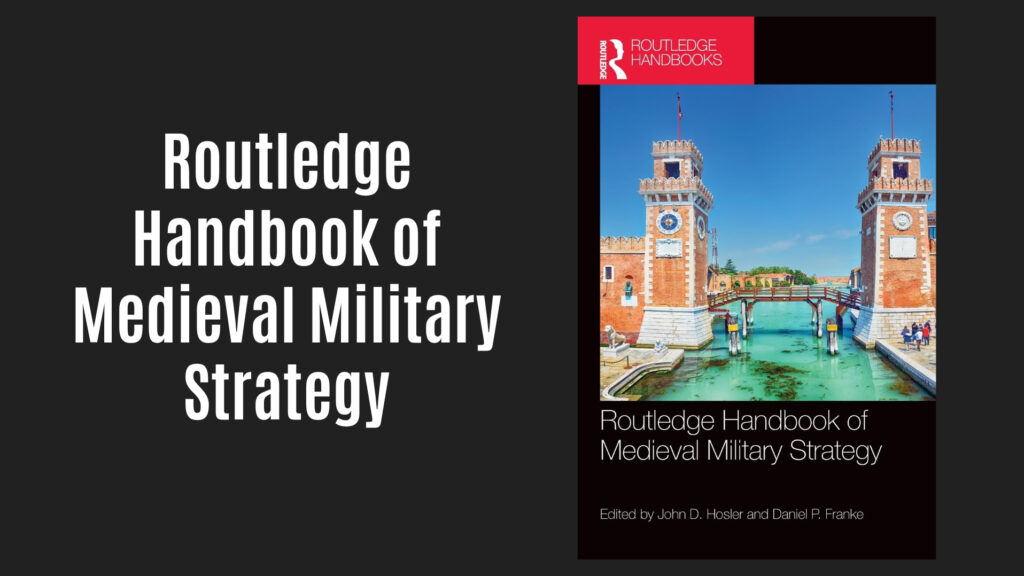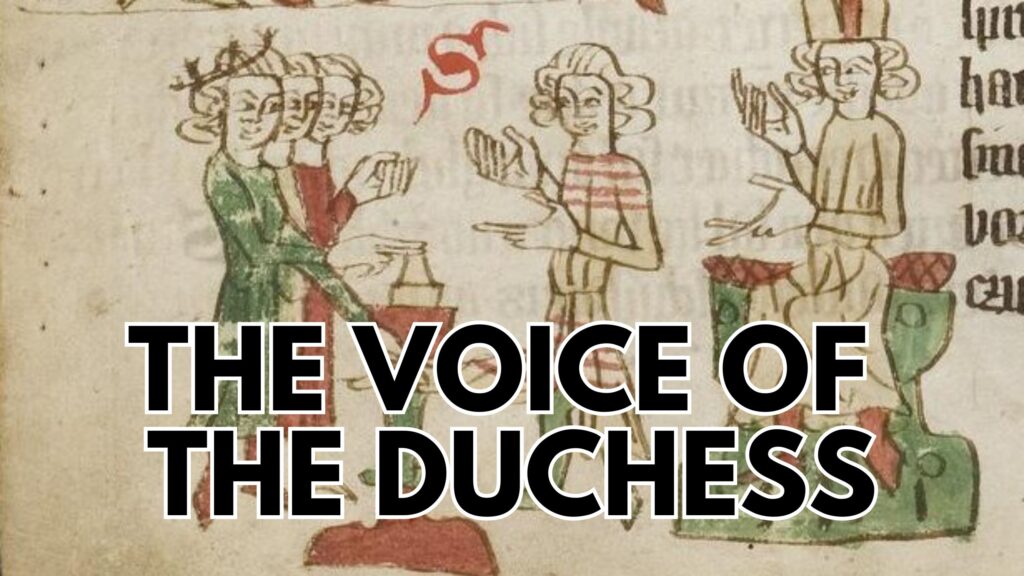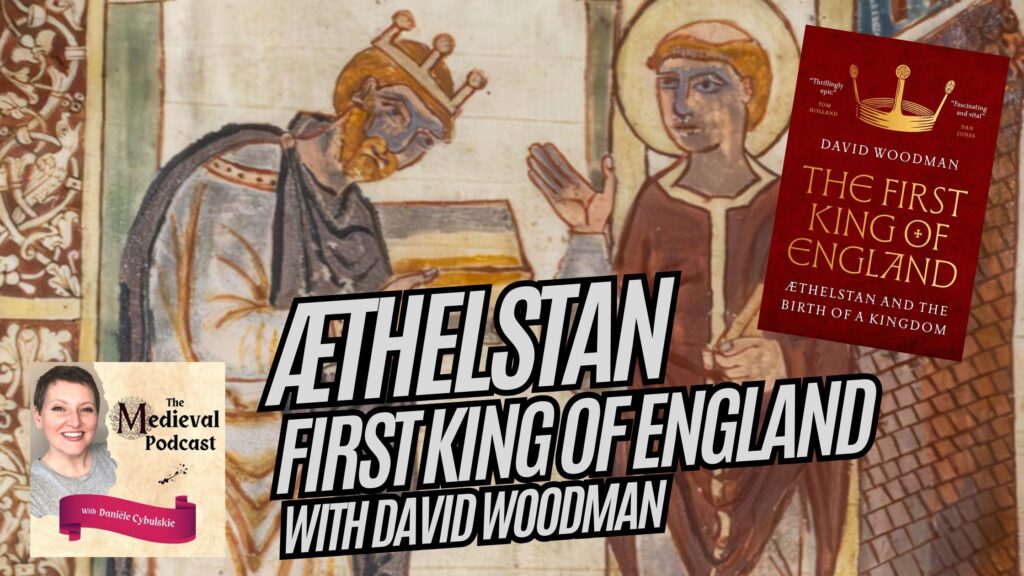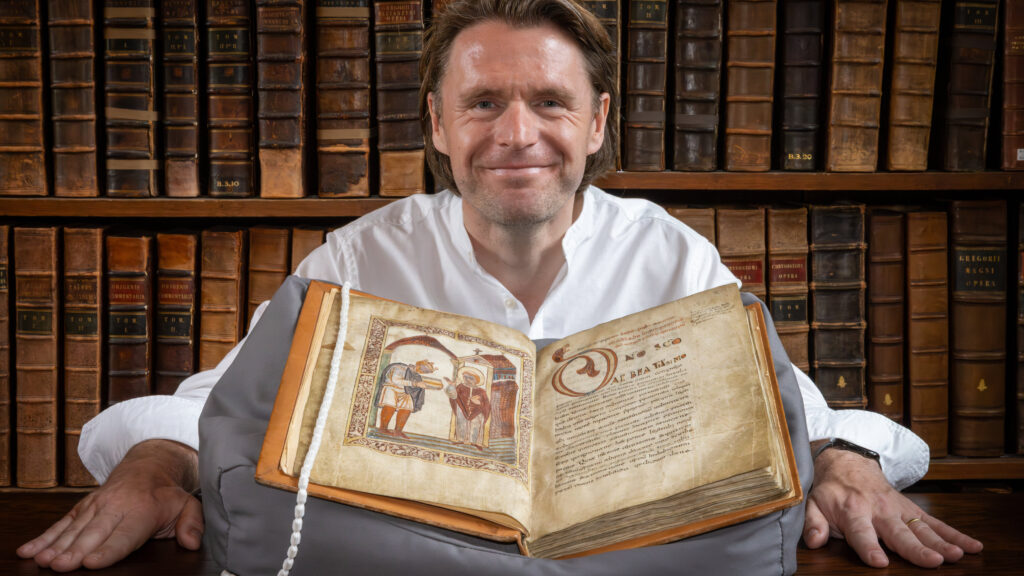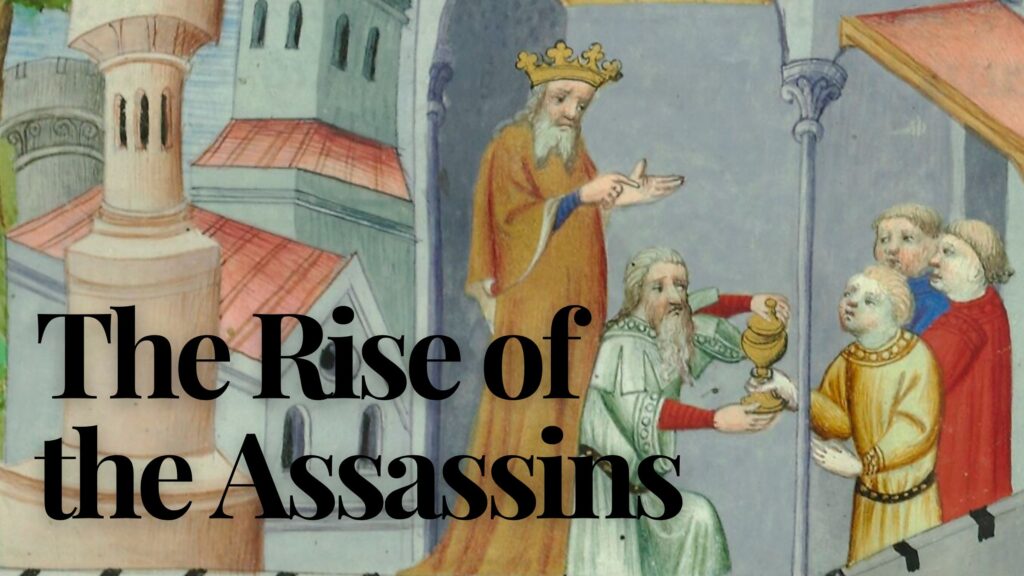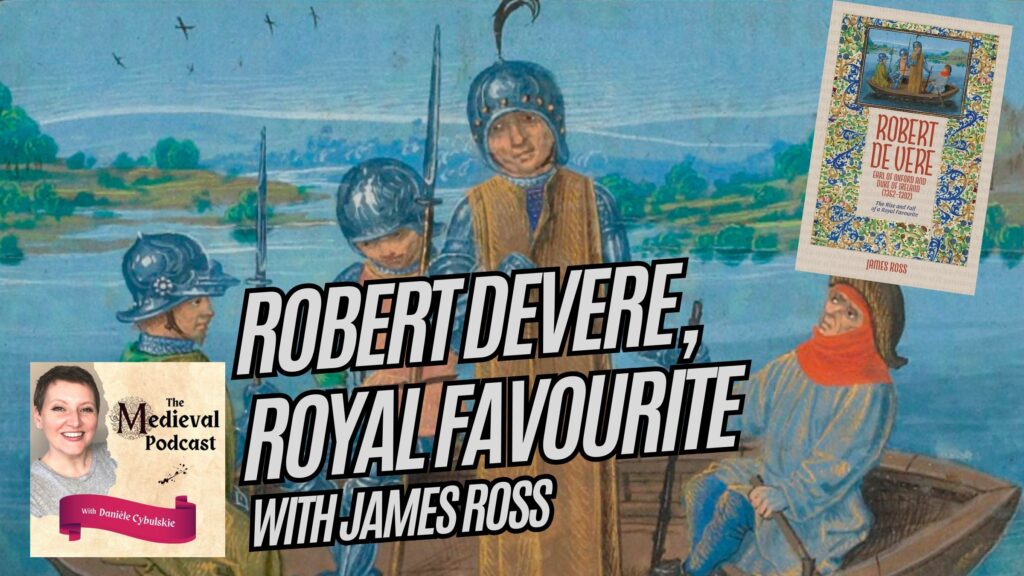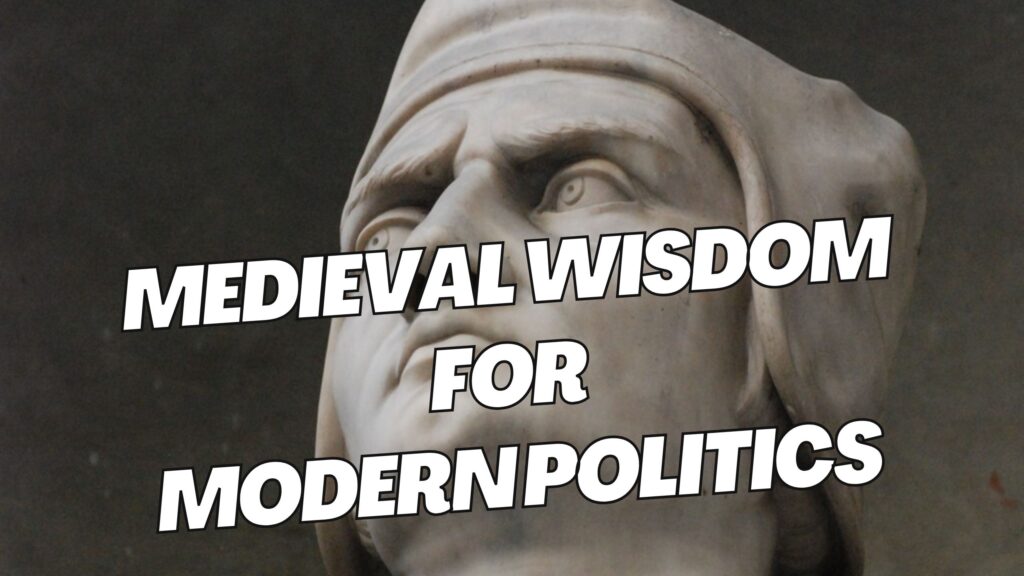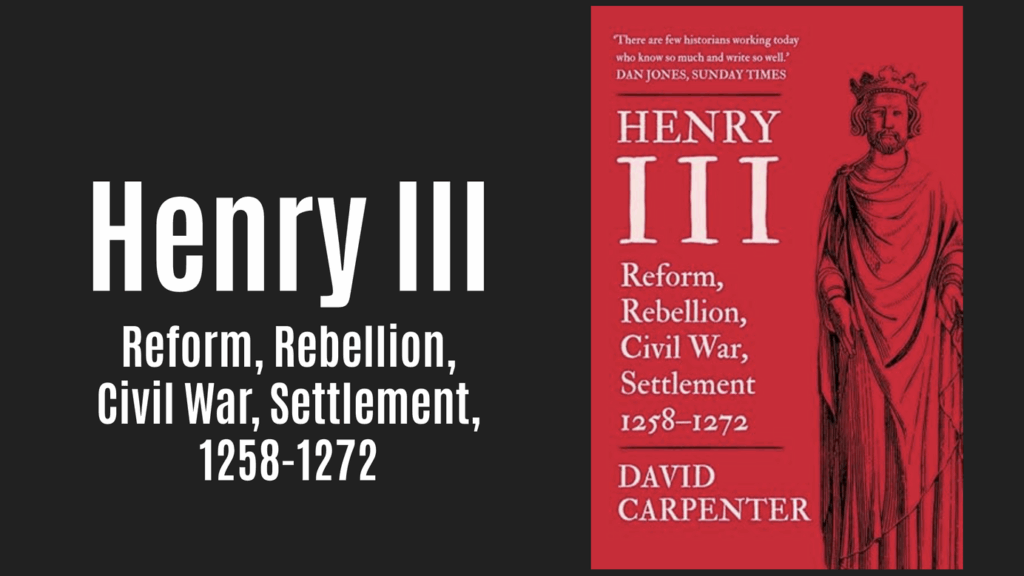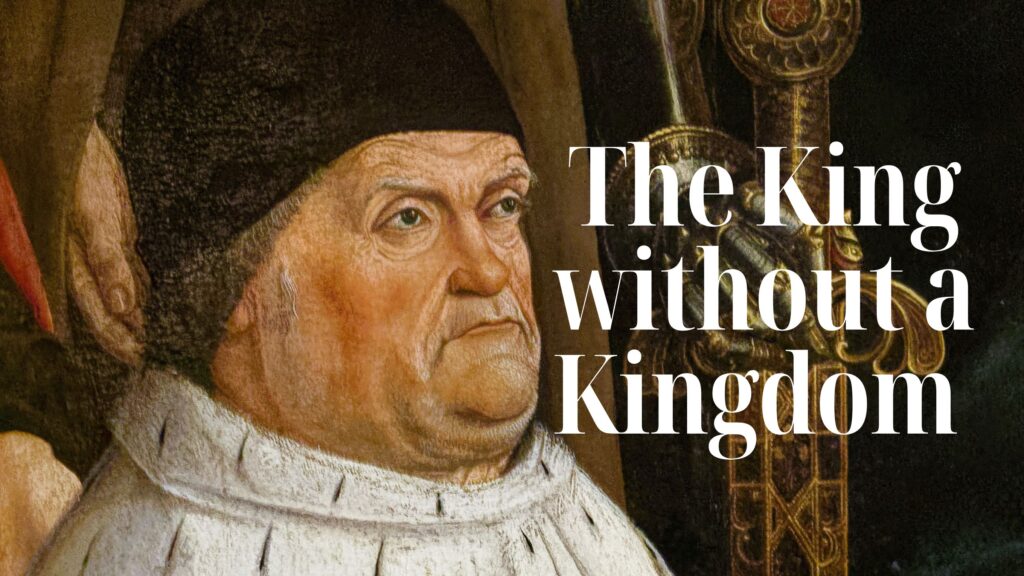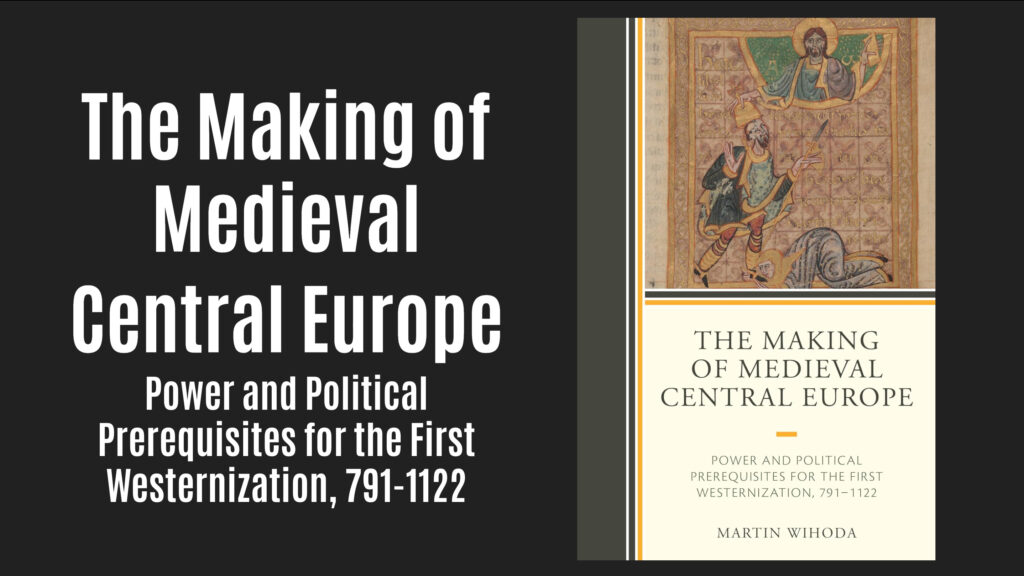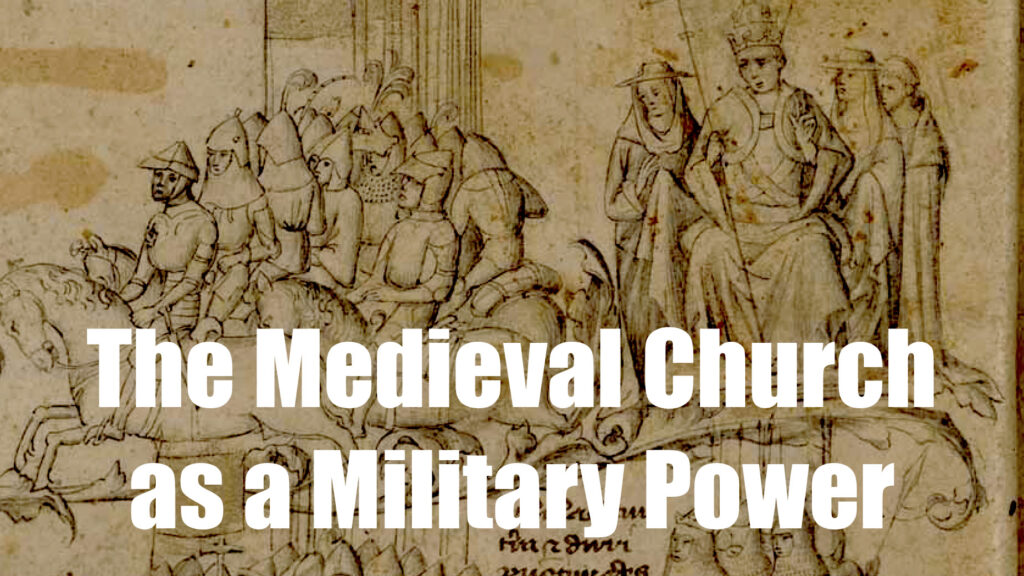New Medieval Books: Ming-Dynasty China and the World Along the Silk Road
Across sixteen essays, the author examines the Ming dynasty’s diplomatic and commercial networks, tracing how the “Silk Road” linked China with regions far beyond its borders.
Richard the Lionheart: New Study Rethinks His Capture After the Crusade
Historian Attila Bárány re-examines how Richard the Lionheart was captured after the Third Crusade, arguing that political rivalries, route choices, and the ambitions of Philip Augustus and Emperor Henry VI mattered more than legend or bad luck.
Could the Crusades Have Started Decades Earlier?
New research suggests that the Crusades may have begun far earlier than 1095. A study of a 1062 Byzantine embassy reveals Emperor Constantine X Doukas may have sought Western aid—and even invoked Jerusalem—decades before the First Crusade.
New Medieval Books: The Formidable Women Who Shaped Medieval Europe
This book profiles more than forty women associated with the Burgundian court between the fourteenth and sixteenth centuries, highlighting their influential roles in governance, religion, and the arts.
The Edict of 1037: How Conrad II Reshaped Medieval Power
Discover how Emperor Conrad II’s Edictum de Beneficiis transformed power in medieval Italy. Once seen as the birth of feudalism, this 1037 decree reveals a deeper story of politics, land, and loyalty.
When the Assassins Came to Mosul
In 1126, Nizari Assassins struck in Mosul, killing the powerful Seljuk commander al-Bursuqi during Friday prayers. The attack and its bloody reprisals reveal how fear, faith, and politics intertwined in the medieval Islamic world.
When the Assassins Came to Damascus
In 1113, Mawdud of Mosul was assassinated in Damascus by the Nizaris, exposing the deep rivalries between Turkic rulers and the Assassins’ growing influence. This account explores how politics, betrayal, and religious divisions shaped power in medieval Syria.
When the Assassins Came to Aleppo
Learn how Ridwan of Aleppo allied with the Assassins, allowing them to spread their influence and carry out their first missions in medieval Syria.
New Medieval Books: The Observations of Gilles le Bouvier
Written in the mid-15th century by a French diplomat, this newly translated report offers more than just a glimpse of Europe’s lands and regions. Part travel guide and part survey, it provides a concise yet vivid look at the peoples and states of the medieval world.
The Trapezuntine Twenty+ Years’ Anarchy: The Least Known Roman Civil War
For twenty years, medieval Trebizond was torn apart by assassinations, coups, and betrayals that set emperor against emperor. This little-known 14th-century civil war shows how chaos and ambition shaped one of the last outposts of Rome.
A New History of the Fourteenth Century with Helen Carr
The fourteenth-century is one of the most turbulent periods in European history. Famine, war, plague, royal depositions – you name it, this century’s got it. This week, Danièle speaks with Helen Carr about how England fared in these wild times, what her take is on some famous Plantagenets, and why we need to take a fresh look at this calamitous century.
New Medieval Books: Routledge Handbook of Medieval Military Strategy
This collection of 31 essays sheds light on the strategies and tactics of a wide range of medieval states and kingdoms. As a truly global history, it brings attention to subjects often overlooked by military historians.
The Voice of a Medieval Duchess: Matilda of Głogów and Her Charters
Matilda of Głogów’s charters reveal how a medieval duchess asserted authority, supported religious women, and invoked female saints to shape her rule in Silesia.
Æthelstan, First King of England with David Woodman
This week on The Medieval Podcast, Danièle speaks with David Woodman about Æthelstan’s life, his rule, and his attempt to unite the kingdoms of Britain.
New Biography Revives the Reputation of Æthelstan, the First King of England
A new biography of Æthelstan, released to mark 1,100 years since his coronation in 925, seeks to restore the early medieval ruler’s reputation as the first king of England.
How Ancient Were the ‘Ancient’ Order of Assassins?
Discover the true origins of the medieval Assassins, from Hasan Sabbah’s capture of Alamut to the rise of a ruthless Ismaili state in Persia.
Robert DeVere, Royal Favourite with James Ross
This week on The Medieval Podcast, Danièle speaks with James Ross about the life of Robert de Vere – the infamous bff of King Richard II – his impact on the kingdom, and why it’s always worth taking a second look at the facts.
Medieval Wisdom for Modern Politics
Explore 20 pieces of political wisdom from Francesco Guicciardini, a medieval statesman whose sharp maxims on power, ambition, and human nature remain strikingly relevant today.
New Medieval Books: Henry III: Reform, Rebellion, Civil War, Settlement, 1258-1272
The second volume in the monumental biography of Henry III, it tells the story of how the English king faced growing discontent, leading to a rebellion that almost ended his long reign.
New Medieval Books: Frederick Barbarossa
This biography chronicles the life of Frederick Barbarossa, one of the most influential figures of the 12th century. As Holy Roman Emperor, his reign was marked by a relentless struggle for power across the German and Italian realms, as well as a pivotal role in the Crusades.
René of Anjou: The Medieval King Without a Kingdom
A royal with grand titles and no throne, René of Anjou left behind not an empire but a legacy of art, poetry, and grace.
New Medieval Books: Crescent Dawn
This book explores the political and military history of the Ottoman Empire, tracing its rise in the fourteenth century through to the latter half of the sixteenth. It offers detailed accounts of major battles and sieges, with a particular focus on conflicts against European powers.
New Medieval Books: Lionessheart
The daughter of King Henry II of England and Eleanor of Aquitaine, Joanna of England lived a life deeply entangled in the turbulent politics of the Angevin Empire.
New Medieval Books: The Making of Medieval Central Europe
As the Poles, Czechs, and Hungarians established their medieval states, they became deeply entangled with the Holy Roman Empire and other Western European powers. This book explores the complex politics and state-building processes of Central Europe, a region marked by both cooperation and conflict.
The Medieval Church as a Military Power
Discover how the medieval Church emerged as a major military power, mobilizing secular armies, launching crusades, and creating unique warrior-monks through the military religious orders.

